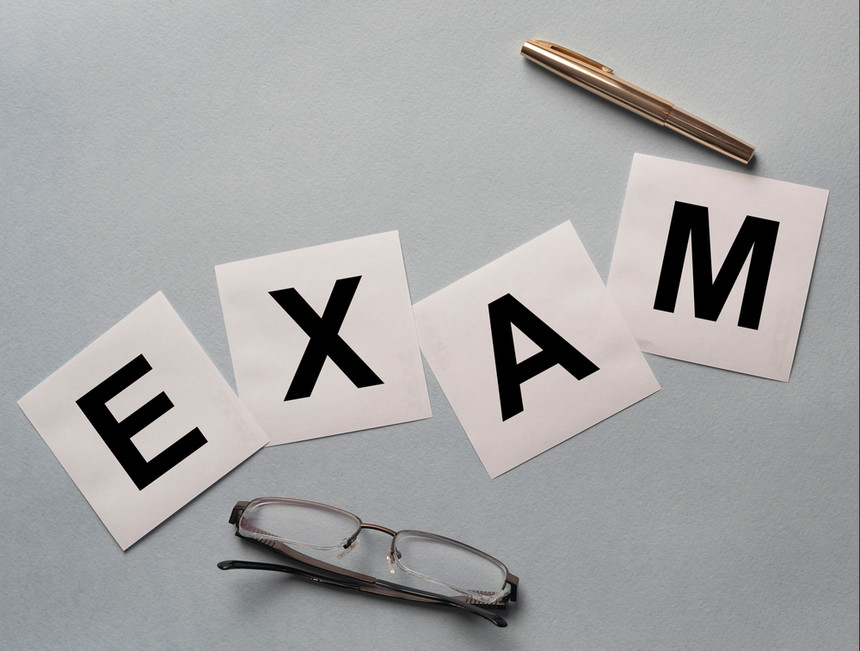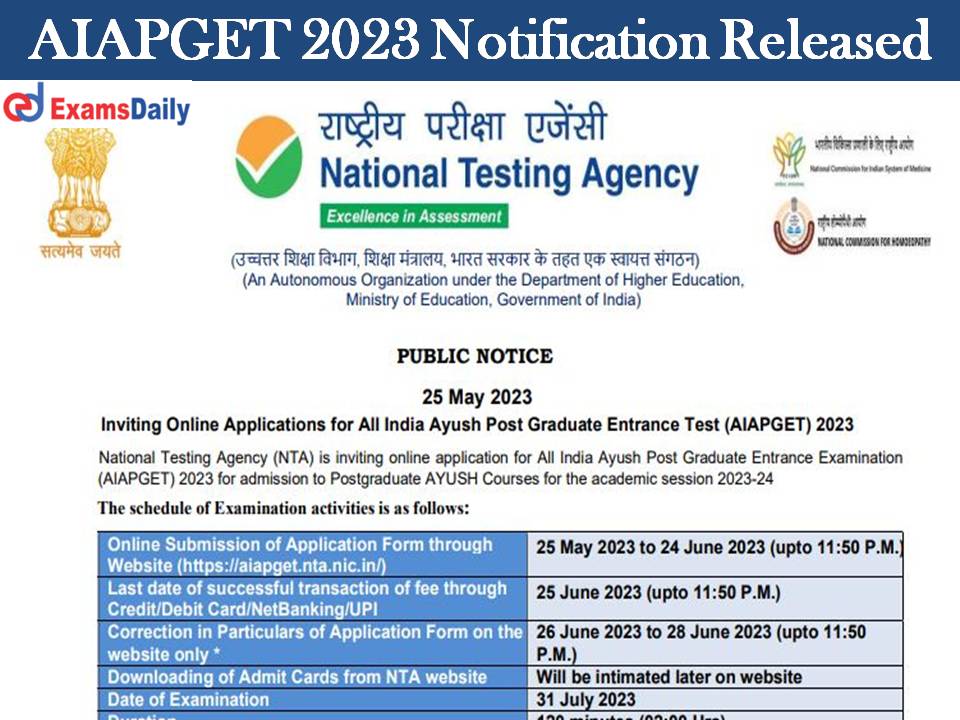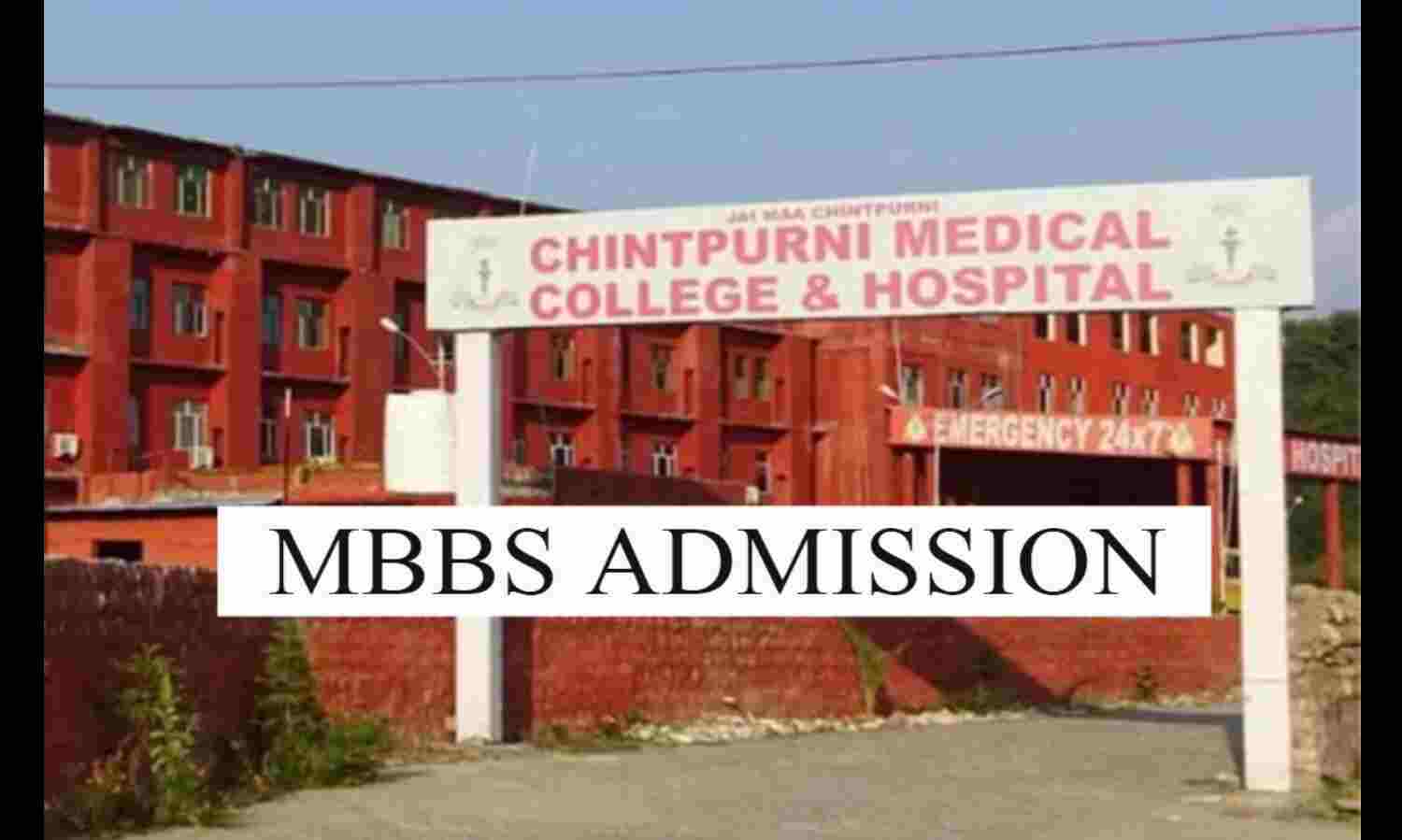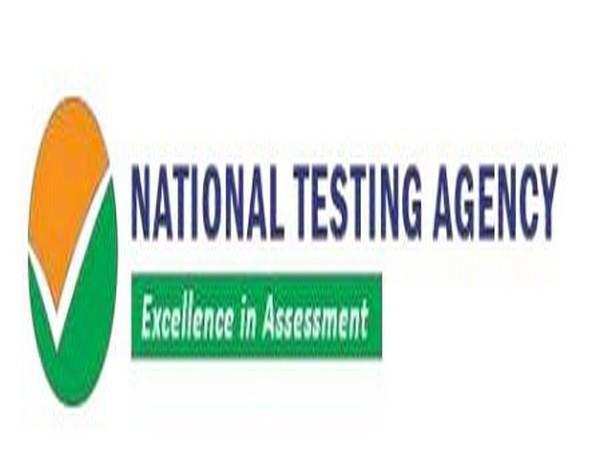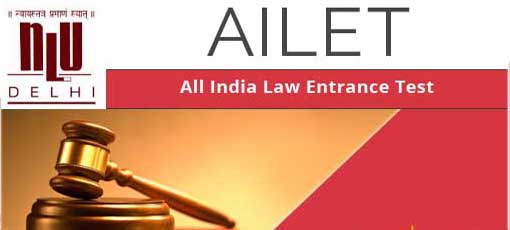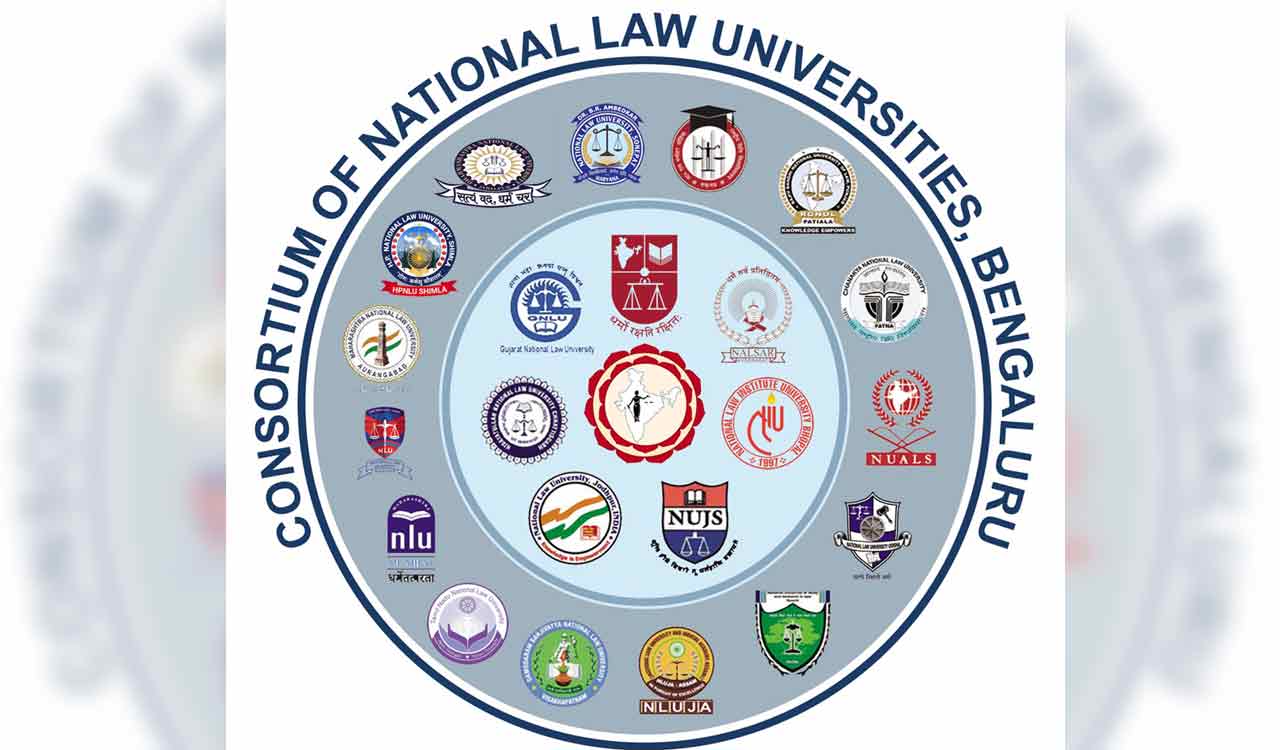The Ayush College Scam: Uncovering the Truth
The Ayush College scandal has shook the education sector, exposing a labyrinth of deception and corruption. This article delves into the specifics of the incident that has ruined Ayush College’s image and sent shockwaves throughout the academic community. Let us now go on to better understand the situation around this hoax.
The Seat Allocation and Counselling Process
The Directorate of Ayurveda formed a board for counselling in Ayush College admissions in 2021-22. Due to the lack of an IT cell, the counselling contract was assigned to the private firm Soft Solution, which was overseen by the board. Soft Solution, a subsidiary of Uptran Powertronics Ltd., was chosen to conduct the full counselling process, which began on February 1, 2022 and finished in four stages on May 19, 2022.
A total of 7,338 seats in government and private colleges across the state were made available for admission during this process. The private agency in charge of counselling and verification controlled the entire procedure, including seat allocation. However, upon closer examination, it was determined that the merit list for NEET counselling omitted the data of 1,181 candidates. Surprisingly, 22 of these youngsters had not even taken the NEET exam. Out of the 1,181 students, 927 were eventually assigned seats, and 891 accepted the offers.
Six students have been suspended.
Following a preliminary investigation, the Directorate of Ayurveda forwarded a list of suspicious students to the individual Ayurvedic colleges, along with their names and addresses. The colleges were told to cancel these kids’ admissions. As a result, the Principal of Government Ayurvedic College, Lucknow, suspended six students who were discovered to be participating in the scam on October 28. Yamuna Vihar, Aditi Mishra of Prayagraj, Khushbu Patel of Jankipuram Lucknow, Ruchi Bhargava of Daulatpur Barabanki, Sandhya Sonkar of Haraiya Basti, Satyajit Rai of Gangapur Akelwa Varanasi, and Tausif Ahmed of Pachpedwa Dhamauli Balrampur were among those suspended.
Tampering with the NEET database and website
Tampering allegations extend beyond the NEET database and include the website as well. Soft Solution, a private agency, is suspected of not just tampering with the NEET database but also with the linked website. Investigations have shown alterations in the DGME (Directorate General of Medical Education) database and the private agency’s records. Furthermore, it was determined during the inquiry that the private agency operator had corrupted the RDBD (Relational Database Design) of the hard disc seized from the DGME office.
High Court orders CBI to investigate fraudulent admissions at Ayush colleges
Former ministers and officials are being investigated.
In a momentous milestone, the High Court’s Lucknow bench has directed the Central Bureau of Investigation (CBI) to probe the fraudulent admissions in Uttar Pradesh’s Ayush colleges. The court has also ordered harsh action if any suspicious role involving former minister Dharam Singh Saini and the then-Additional Chief Secretary is discovered. This order was issued after seats were allegedly auctioned for five lakh rupees without NEET counselling. Let us look into the specifics of this case and its implications.
The UP Government’s Recommendation for a CBI Investigation
The Ayush college scam was discovered in November 2022. The Uttar Pradesh government has twice urged that the case be investigated by the CBI. However, the CBI originally took no further action. With the recent High Court judgment, the CBI will now launch a full inquiry into the Ayush college admissions scam.
Former Minister Charged with Bribery
The statement made by Raj Kumar Diwakar, the personal secretary of then-AYUSH minister Dharam Singh Saini, is one of the important variables that could complicate matters. The secretary claims that Saini accepted a bribe of Rs 1 crore 10 lakh for the recognition of UG degrees in AYUSH institutes and Rs 50 lakh for PG courses. This statement was presented to the court and adds major weight to the allegations leveled against the former minister.
A former minister has been charged with bribery.
One of the key elements that could complicate matters is a statement made by Raj Kumar Diwakar, the personal secretary of then-AYUSH Minister Dharam Singh Saini. According to the secretary, Saini collected a payment of Rs 1 crore 10 lakh for recognising UG degrees in AYUSH institutes and Rs 50 lakh for PG programmes. This statement was read aloud in court and adds significant weight to the allegations levied against the former minister.
Charge sheet against 15 people including former Ayurveda director
Admission scam in Ayush College was investigated by UP STF. Recently STF had filed the charge sheet. STF pro. SN Singh (Ex-Director Ayurveda), Dr. Umakant (Ex-Incharge Education Ayurveda), Rajesh Singh (Senior Assistant Ayurveda Directorate), Kailash Chand Bhaskar (Junior Assistant Ayurveda Directorate), Kuldeep Verma, Prabodh Singh (AGM Uptran Power Tronics Ltd.), Rupesh Srivastava (Technical Consultant Uptran Power Tronics Ltd.), Gaurav Gupta (Director V-3 Soft Solution Pvt. Ltd.), Harshvardhan Tiwari (Director Techno Ocean Pvt. Ltd.), Saurabh Maurya (Director Techno Ocean Pvt. Ltd.), Indradev Mishra (Director Remark Technology) Pvt Ltd), Rupesh Ranjan Pandey (Director Remark Technology Pvt Ltd), Vijay Yadav (Chairperson KVS Institute), Dharmendra Yadav (Manager Vijay Ayurveda) and Alok Trivedi.





















